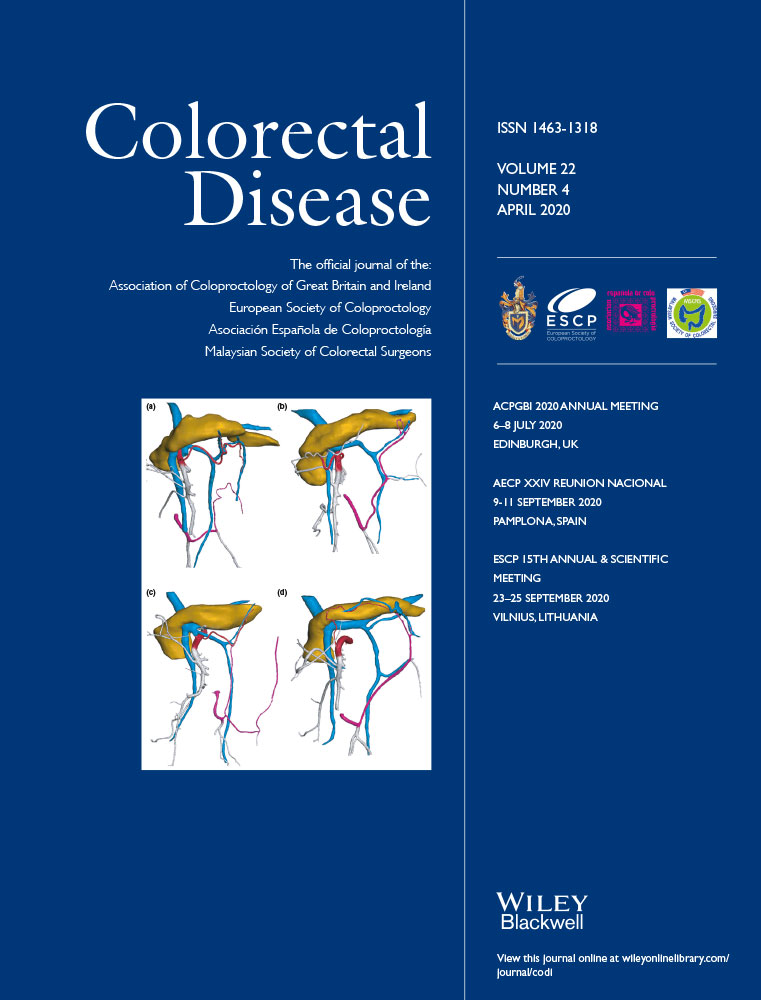International evaluation of circumferential resection margins after rectal cancer resection: insights from the Swedish and Dutch audits, Detering et al.
Since the seminal paper published on the surgical volumes and outcomes four decades ago [1], we have witnessed the centralisation of complex surgical procedures including hepato-pancreato-biliary, oesophageal and gastric cancers. This centralisation of care is not limited to cancer services and it also applies to benign conditions such as bariatric surgery. The rationale for the concentration of patient care for rare diseases with specialist surgeons enables the accumulation of experience, with benefits including the improved quality of treatment and economic efficiency [2]. There has been an ongoing debate about the need for centralisation of rectal cancer given the complexity and evolving treatments of this condition.
In the UK, the National Institute for Health and Care Excellence (NICE) guideline for rectal cancer has appraised the volume-outcome relationship. Their recommendations are hospitals performing major rectal cancer resection should perform at least ten and individual surgeons should perform at least five each year. [3]
In this issue, Detering et al. [4] used the colorectal cancer audits from Sweden and the Netherlands to examine factors associated with positive circumferential resection margins (CRM) over five years. CRM is chosen as a quality indicator; a negative margin indicates the achievement of curative resection, and it is associated with lower morbidity, mortality and improved post-operative quality of life [4].
There are some interesting observations from this study. Laparoscopic surgery was less frequently performed in Sweden (20.9%) than in the Netherlands (69.7%), but this did not have an impact on the CRM positivity. This finding may contribute to the ongoing debates between open and laparoscopic rectal cancer surgery.
Low-volume hospitals (< 20 rectal resections per year) were associated with positive CRM in the Dutch cT1-3 population. In both countries with cT1-3 stage disease, common independent risk factors for positive CRM were cT3, abdomino-perineal resection and multi-visceral resection. The authors proposed that for patients with locally advanced or distally located tumours, a certain degree of specialisation may help to concentrate volume and improve outcomes. These findings and suggestion have given us food for thought in the future provision of complex rectal cancer management.




